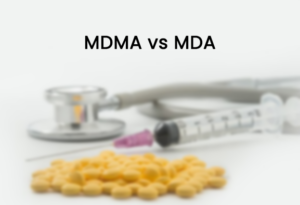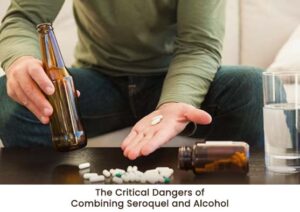Addiction is a complex condition. In the most basic terms, it is an overwhelming drive to use repeatedly use something in order to experience the desired result despite adverse consequences.
Symptoms of Addiction
Addiction leads to a physical, mental, and emotional reliance on that thing whether it be drugs, sex, gambling, food, porn, or any number of activities or substances.
It occurs at these three levels of mental, physical, and emotional because of the prolonged use or exposure which creates repeated results and a resulting dependence.
It begins with a pleasant effect when one engages in the behavior:
- The mind goes calm
- The body relaxes
- Positive emotions are felt.
There is a release of dopamine and serotonin creating a euphoric effect. As a result of this pleasing experience, the user will repeat the behavior over and over to the point where the body and mind become accustomed to it.
Then, when not receiving this stimulation, the body and mind will struggle to perform even at a basic level. The same goes for emotions. A person will get used to having their emotions managed by using their addiction to the point where, when they don’t engage in the addictive behavior, their emotions feel overwhelming because they’ve gotten used to them being managed synthetically.
The distinction between an Addiction and a Dependency
Addiction implies that there are significant ramifications involved as it is a step above abuse or problematic behavior.
Although dependency does become present once an addiction is developed, a dependency can exist alone without an addiction. When someone develops a dependency on something it is typically in one isolated area of their lives, usually on something related to a physical aspect.
For example, someone can develop a dependency on opioid medication if they suffer from chronic pain, free from any real obsession, fixation, or improper use with it.
This isn’t the case with addiction. Addiction becomes an extreme mental battle and the individual craves and thinks about their fix almost constantly. Addictions move from a desire to a need. No longer is this engagement a mere preference or enjoyment, it’s an insatiable craving that cannot be released. Addiction is when you’ve made the shift from using something to enjoy yourself to needing something to sustain yourself.
How do we know if someone is falling into addiction?
There are many indicators to look out for when asking this difficult question.
When someone is experiencing addiction,
- They begin to neglect various areas of their life in order to support their habit.
- They may begin to drop obligations and responsibilities and their relationships will begin to suffer.
This is because, as stated earlier, addiction leads to extreme mental preoccupation and physical dependence. Therefore, nothing is more important than obtaining the fix for their addiction.
Warning signs of addiction include:
- Change in one’s moods or behavior.
- The person can become very irritable or exhibit mood swings.
When coming off of their fix, they may find it harder to function, concentrate, and to be patient and amenable towards others. Once they’ve re-engaged in the addictive behavior, they could become much more relaxed and seemingly present and focused. This is a very dangerous and exhausting cycle.
Another key component of addiction is that someone continues engaging in a behavior despite experiencing severe adverse effects of the substance use yet continuing to engage in the behavior regardless. This is when we would diagnose an addiction. Family, friends, and partners will begin to express concern regarding the change in behavior and possibly physically including weight gain/loss, poor hygiene, dull skin tone, and many other undesirable symptoms.
Get Your Life Back
If you or someone you care about is showing any of these signs, it may be time to consult a professional team for an drug rehab center like All American Detox and seek treatment. You can reach out to us by calling our addiction recovery helpline number. Resources for addiction treatment can be found at https://www.samhsa.gov/find-help/national-helpline.





